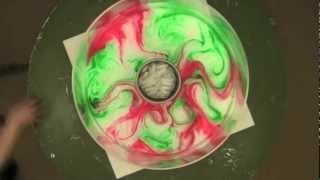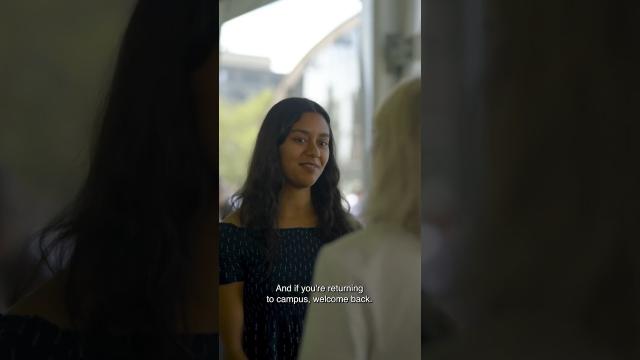Time Travel, Teleportation & Science
Time travel is the concept of moving between different points in time in a manner analogous to moving between different points in space, generally using a theoretical invention, namely a time machine. It has a commonly recognized place in philosophy and fiction, but has a very limited application in real world physics, such as in quantum mechanics or wormholes.
Although the 1895 novel The Time Machine by H. G. Wells was instrumental in moving the concept of time travel to the forefront of the public imagination, The Clock That Went Backward by Edward Page Mitchell was published in 1881 and involves a clock that allowed three men to travel backwards in time.[1][2] Non-technological forms of time travel had appeared in a number of earlier stories such as Charles Dickens' A Christmas Carol. Historically, the concept dates back to the early mythologies of Hinduism (such as the Mahabharata), Buddhism, and Islam through ancient folk tales. More recently, with advancing technology and a greater scientific understanding of the universe, the plausibility of time travel has been explored in greater detail by science fiction writers, philosophers, and physicists.
Teleportation, or Teletransportation, is the theoretical transfer of matter or energy from one point to another without traversing the physical space between them. It has a commonly recognized place in science fiction literature, film, and television, but as yet has a very limited application in real world physics, such as quantum teleportation or the study of wormholes.
Science (from Latin scientia, meaning "knowledge") is a systematic enterprise that builds and organizes knowledge in the form of testable explanations and predictions about the universe. In an older and closely related meaning, "science" also refers to a body of knowledge itself, of the type that can be rationally explained and reliably applied. A practitioner of science is known as a scientist.
In modern usage, "science" most often refers to a way of pursuing knowledge, not only the knowledge itself. It is also often restricted to those branches of study that seek to explain the phenomena of the material universe.
Source : Wikipedia
-
05:35
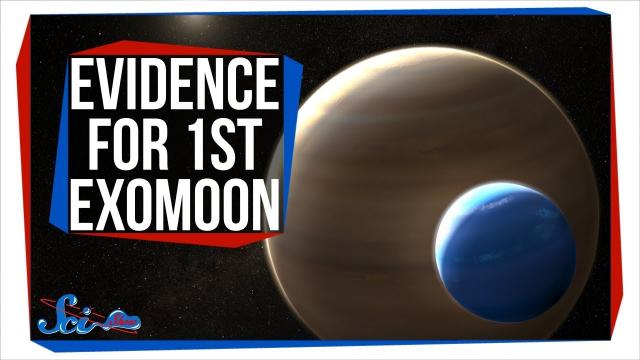
We May Have Found the First Exomoon! | SciShow News
Added 545 Views / 0 LikesWe’ve discovered what appears to be the first known moon outside of the solar system and new models of Europa’s surface predict the presence of ice blades!For special, curated artifacts of this universe, check out https://scishowfinds.com/----------Suppor
-
05:10

We May Have Just Found the Universe's Missing Matter
Added 512 Views / 0 LikesAstronomers have finally found evidence to help solve the missing baryon problem, and they're pointing telescopes toward the Intergalactic Medium to figure it out.Hosted by: Hank GreenFor special, curated artifacts of this universe, check out https://scis
-
00:47
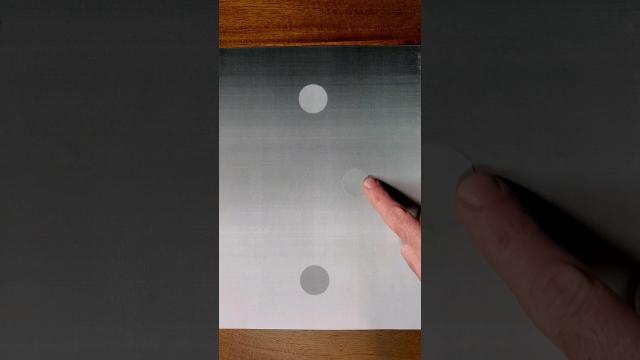
We Still Can't Explain This Illusion
Added 276 Views / 0 LikesLEARN MORE:https://www.sciencedirect.com/science/article/pii/S0042698920300730https://michaelbach.de/ot/lum-inducedBrightness/https://link.springer.com/chapter/10.1007/978-3-642-88658-4_6
-
05:45
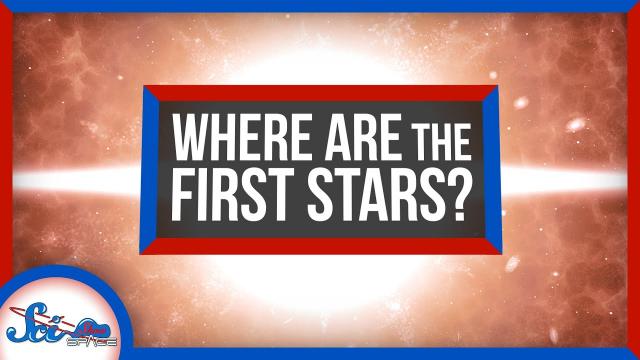
We Still Can't Find the First Stars in the Universe | SciShow News
Added 493 Views / 0 LikesAstronomers looking farther back in time than ever before are giving us a better idea of what the early universe must have been like, and we've identified another of the mysterious ultraluminous X-ray pulsars.Hosted by: Hank GreenSciShow has a spinoff pod
-
05:54

We Used 1800s Math to Solve One of Jupiter’s Biggest Mysteries
Added 262 Views / 0 LikesJupiter's storms cover the planet, but the ones at the planet’s poles have mystified astronomers for years: why haven’t they merged together yet?Hosted by: Hank GreenSciShow has a spinoff podcast! It's called SciShow Tangents. Check it out at http://www.s
-
05:46
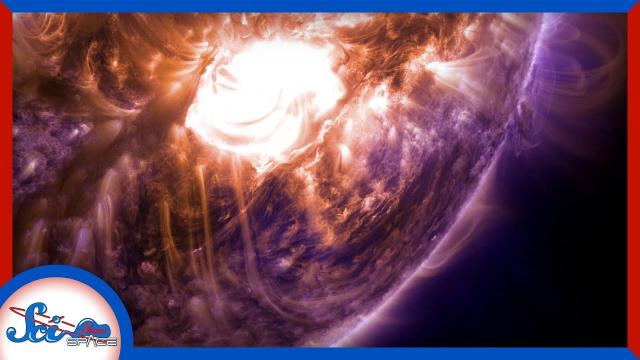
We're Getting Closer to Predicting Solar Flares | SciShow News
Added 362 Views / 0 LikesA new model has been able to predict solar flares with up to about 20 hours of warning, and our galaxy is farting blobs of cold gas inside the Fermi Bubbles!Hosted by: Hank GreenSciShow has a spinoff podcast! It's called SciShow Tangents. Check it out at
-
05:50
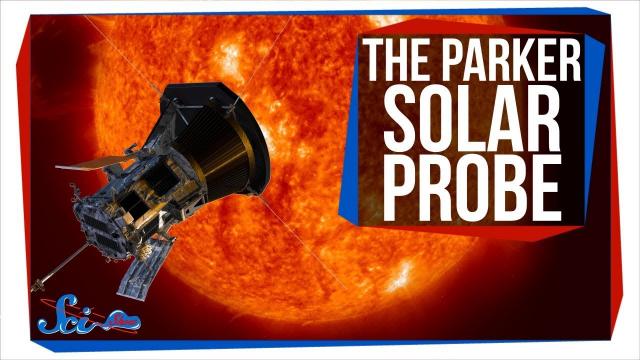
We're Heading to the Sun! | SciShow News
Added 573 Views / 0 LikesOn Aug. 12, 2018 the Solar Parker Probe started its journey to the sun and New Horizons is looking at a mysterious glow at the edge of the solar system.Host: Hank GreenFor special, curated artifacts of this universe, check out https://scishowfinds.com/---
-
04:48
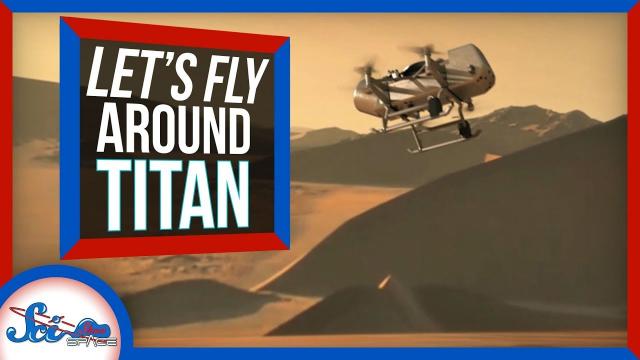
We're Sending a Drone to Saturn's Moon Titan! | SciShow News
Added 458 Views / 0 LikesNASA is sending a robot to Saturn’s giant moon Titan and instead of landing, orbiting, or driving when it gets there, this mission will fly.Host: Caitlin HofmeisterSciShow has a spinoff podcast! It's called SciShow Tangents. Check it out at http://www.sci
-
05:08
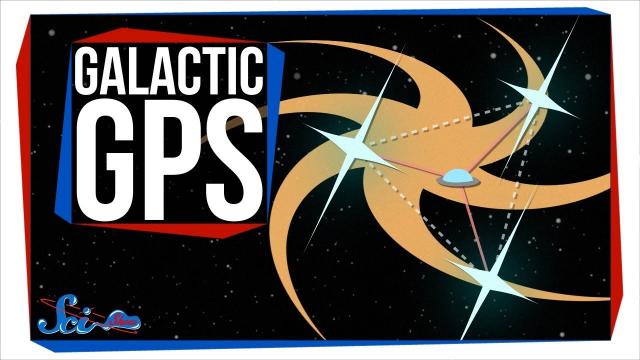
We're Turning Pulsars into Galactic GPS!
Added 563 Views / 0 LikesWe're Turning Pulsars into Galactic GPS!
-
06:57
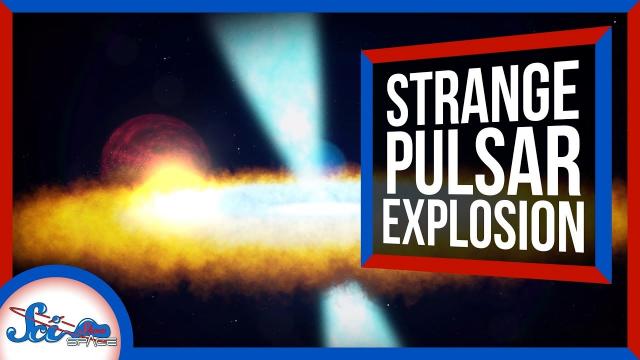
We've Never Seen a Pulsar Explode Like This | SciShow News
Added 500 Views / 0 LikesSpacebit is sending crawling, jumping, mini-robots to the moon, and researchers have witnessed a pulsar emit a very cool combination of traits in its most recent flare.Hosted by: Reid ReimersSciShow has a spinoff podcast! It's called SciShow Tangents. Che
-
04:58
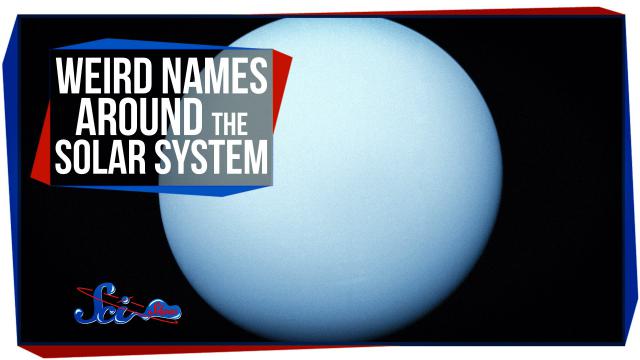
Weird Names Around the Solar System
Added 727 Views / 0 LikesWeird Names Around the Solar System
-
02:41

Welcome home
Added 214 Views / 0 LikesDespite the pandemic, the MIT community has continued teaching, learning, supporting the Institute’s mission, and investigating the world and finding new ways to make it better. To those arriving on campus for the first time, and to those returning: Welco
-
31:36

Welcome to CELEBRATE: The College!
Added 445 Views / 0 LikesMIT Faculty Chair Susan S. Silbey, the Leon and Anne Goldberg Professor of Humanities, Sociology, and Anthropology and a professor of behavioral and policy sciences at the MIT Sloan School of Management, offers an introduction at the celebration of the MI
-
01:07
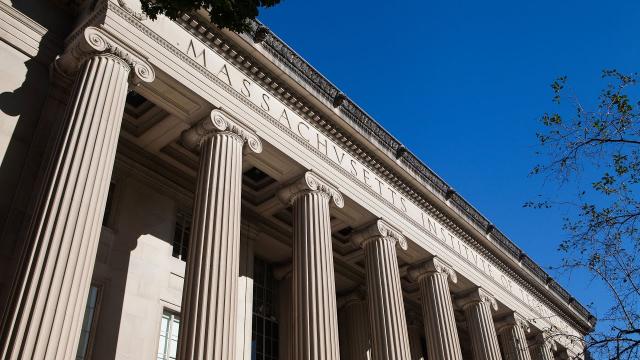
Welcome to MIT
Added 214 Views / 0 LikesThe Massachusetts Institute of Technology is an independent, coeducational, privately endowed university in Cambridge, Massachusetts. Our mission is to advance knowledge; to educate students in science, engineering, technology, humanities and social scien
-
01:25
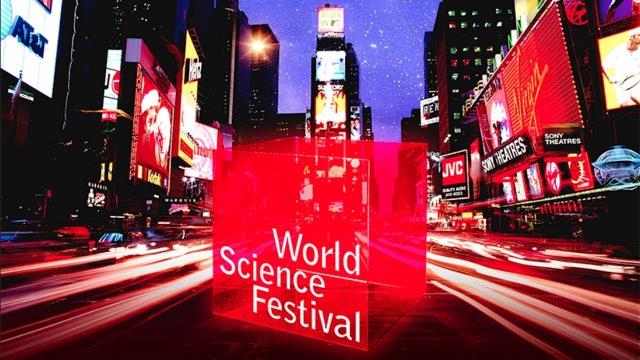
Welcome to the World Science Festival Channel
Added 665 Views / 0 LikesWelcome to the World Science Festival Channel
-
05:17
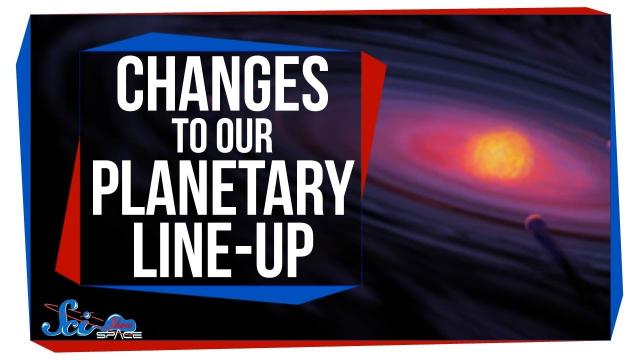
Were the Planets Always in the Same Order?
Added 568 Views / 0 LikesWere the Planets Always in the Same Order?
-
04:50

Wernher von Braun: From Nazis to NASA
Added 851 Views / 0 LikesWernher von Braun: From Nazis to NASA


